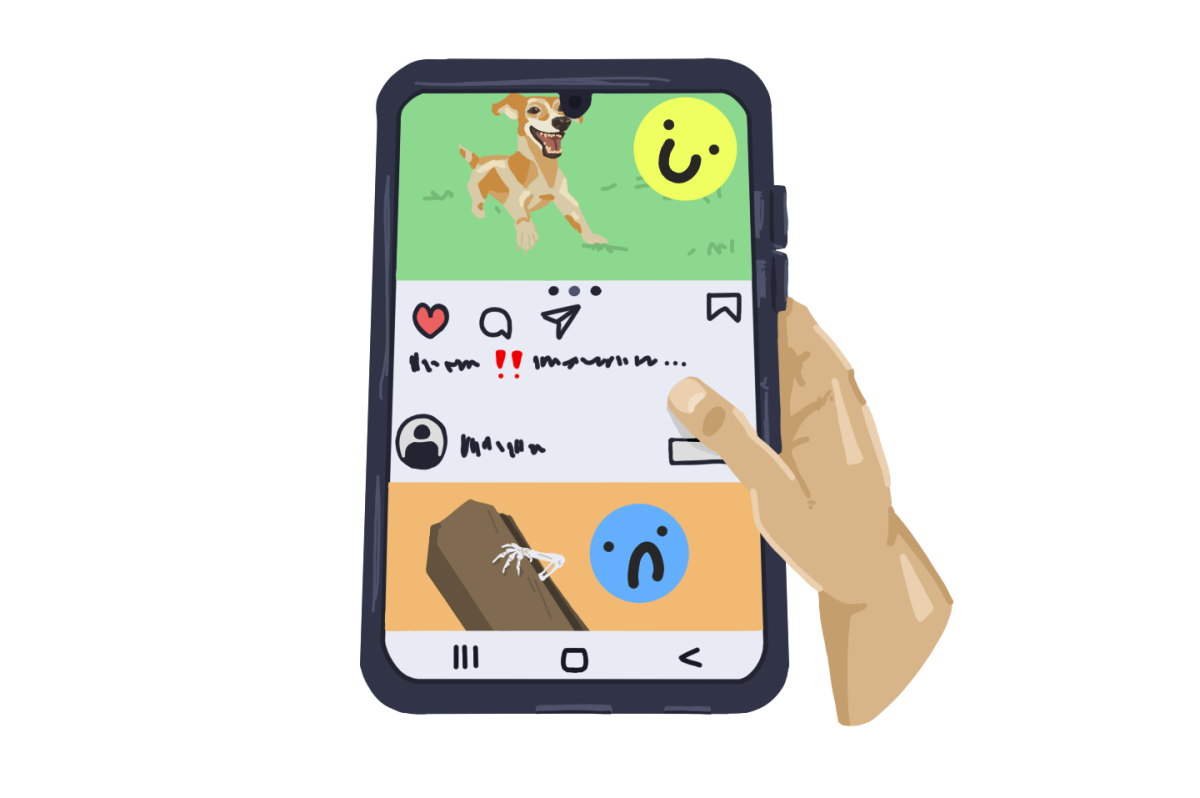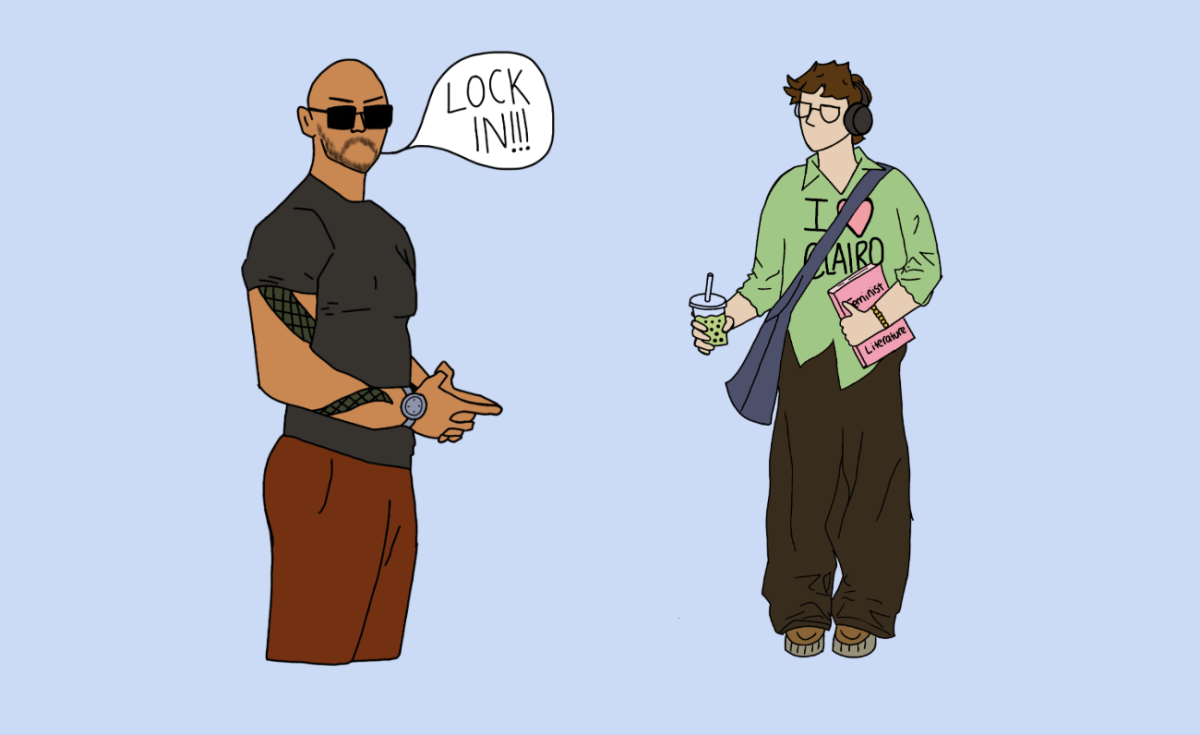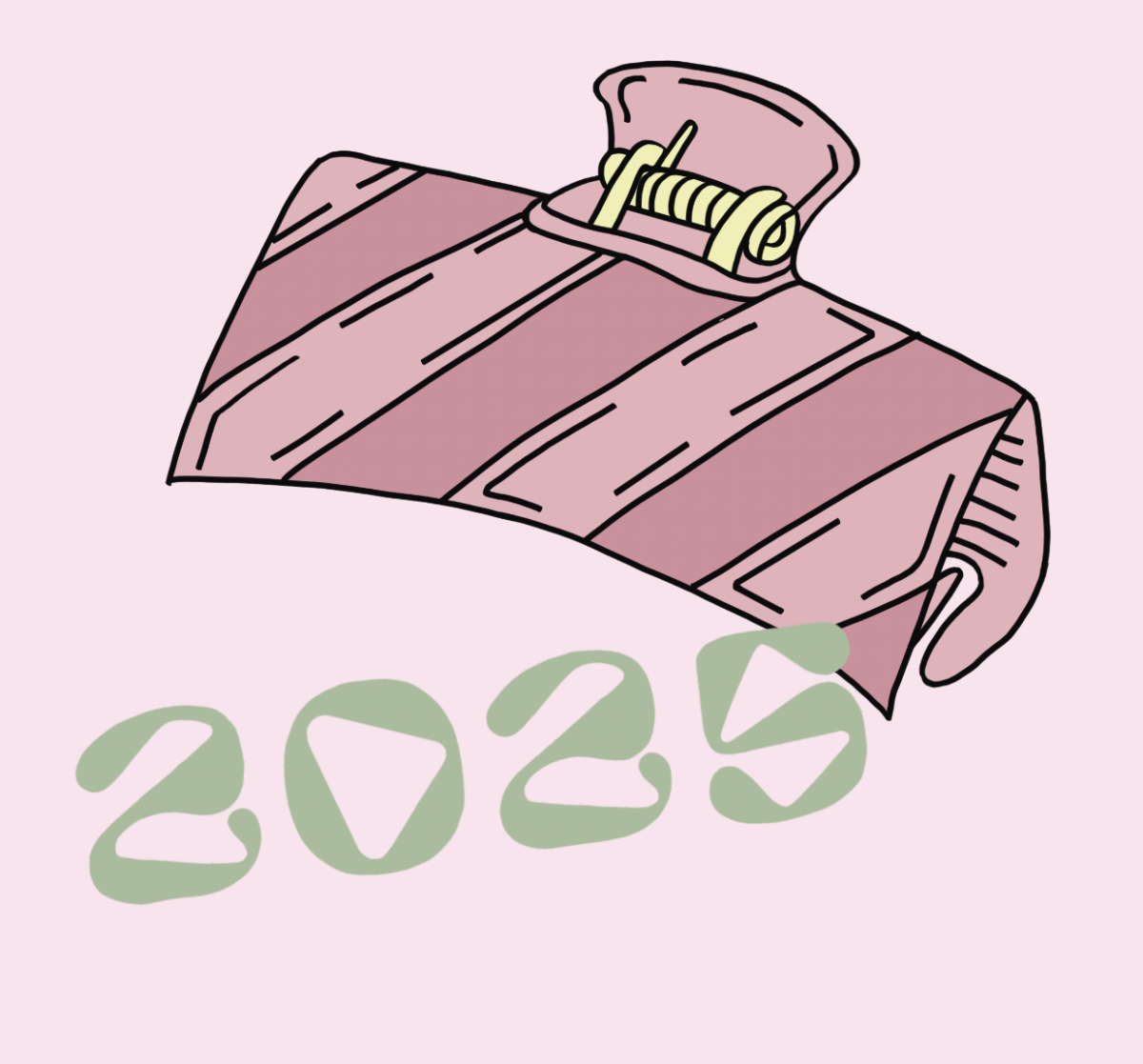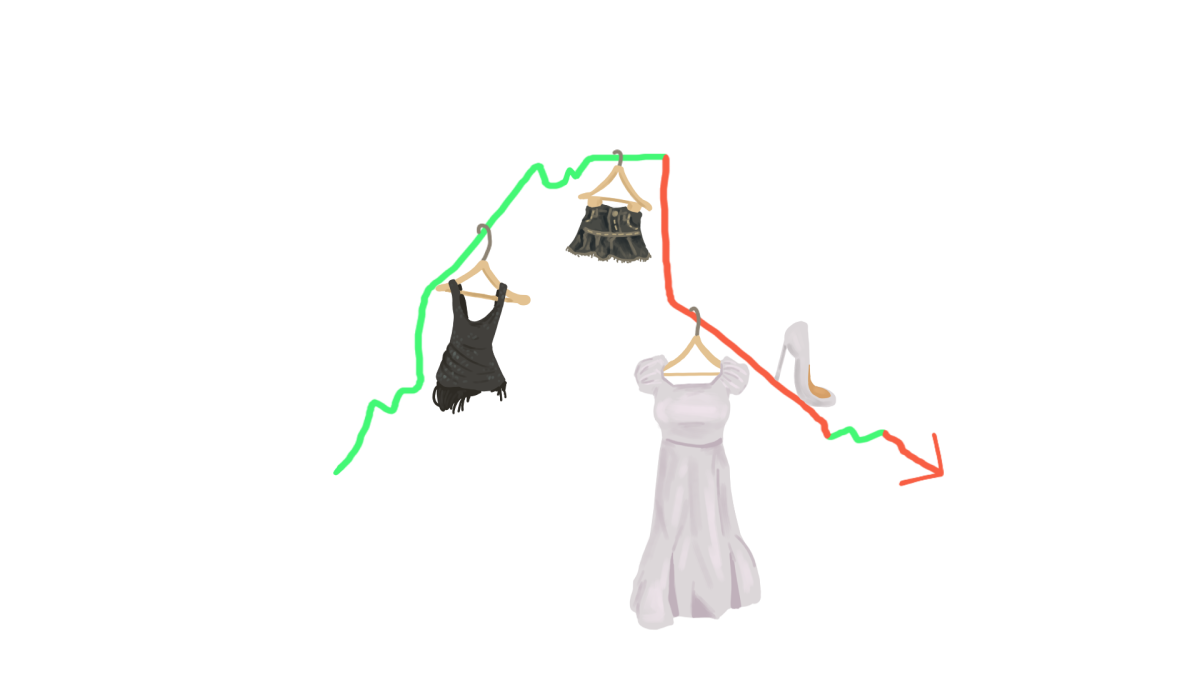Doomscrolling is a term that refers to excessively scrolling through short-form content on apps like YouTube, Instagram and Tiktok often for hours on end. Doomscrolling has taken the world by storm; a 2023 Gallup report found that the average teenager in the United States spends nearly five hours every day on social media. The negative effects of doomscrolling are well known and well documented, from decimated attention spans to a constant atmosphere of comparing oneself to inflated versions of body image and lifestyle. But beyond these mainstream impacts, there is another effect of short-form content, and it is far, far worse.
The first thing to understand is that modern society is plagued by a mental health crisis. Conditions like depression, anxiety and many others are rampant across the world. 34% of New York City adults report unmet mental health needs, and 31% of Los Angeles’s teenage population reported an emotional or mental problem. While people often blame factors like increasingly isolated lifestyles or the modern diet, they often overlook the fact that one of the biggest factors is short-form content.
It is important to note that the content online that gets watched by users is not a full representation of all the content on any given platform. On YouTube, anywhere from 88% to 91% of videos have less than 1000 views, with a similar percentage of videos on the platform having zero likes. The message is clear: when users scroll through social media, they are really only scrolling through viral content that makes up a small percentage of the platform.
Videos go viral by having an emotional appeal to them. Emotion is what drives attention, and research has proven time and time again that people invest more energy and time into things that invoke emotional responses in them. This idea is exactly how content goes viral — it captures emotions. Because once a video does that, attention gets dragged along with those emotions.
Every time a user scrolls through a sort video clip, they experience a new emotion. They watch a video of a politician saying something, and they feel angry. The next moment, they see a workout video and feel motivated. Then they see a video of a child playing with puppies and feel happy. They are not scrolling through videos, but through emotions. This is what makes short form content so addicting: the brain loves producing emotion, and short form content almost always triggers an emotional response.
Emotions, at their core, are chemical reactions in the brain. Happiness, for example, is a combination of dopamine, serotonin, oxytocin and endorphins. When someone scrolls through hours of content, their brain has to alter the levels and activities of different neurochemicals. All of the emotions can exhaust out their brain, leaving it in an emotional hangover state where their brain has trouble processing the bombardment of stimulation. This eventually leads to emotional fatigue and confusion, similar to how overworked, unrested muscles eventually give out.
“It pretty much just rots away at your perception of emotions and dopamine,” FHS junior Aditya Bansal said. “[And] it’s overall, the way that you are and your personality.”
EQ, or Emotional Quotient, refers to one’s ability to understand and manage their emotions. Constant emotional haywire destroys EQ, and ruins people’s ability to process emotions. This makes it hard to stay mentally stable and makes people emotionally over-reactive. When your brain is constantly producing way more emotions than it was meant to, your brain starts doing it on overdrive. This is how it can further destroys one’s EQ.
“Emotional regulation is a big component of our mental health, our ability to even recognize what those emotions are,” FHS school based therapist Deirdre Louie said. “A lot of people have emotions but they can’t even identify what they’re feeling.”
These are often a result of short form content. When people scroll through emotionally stimulating content they are constantly filled with more emotions than their brain was made to handle and it breaks down their ability to handle emotions, which makes them more fragile and sensitive. This behavior is not normal, nor healthy. People are not born with mental health issues, and emotions do not just appear out of nowhere. Rather, they are a result of overloaded input of stimulus. This is why doomscrolling may be one of the most overlooked drivers of a lot of society’s mental problems. While people think they scroll for pleasure, they are really breaking themselves down from the inside out. And as Warren Buffet once said: “the chains of habit are too light to be felt until they are too heavy to be broken.”





















